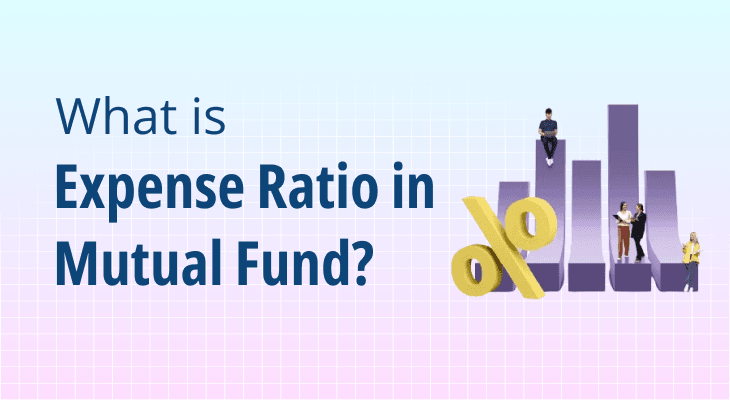An expense ratio is the yearly fee that you pay to own a mutual fund or exchange-traded fund (ETF). This fee goes to the investment company to cover the fund’s operating costs and management services.
The expense ratio is calculated by dividing the fund’s total operating costs by the total value of its assets. You can find this number in the fund’s prospectus or on financial websites.
Key Points to Remember
- The expense ratio is the annual fee paid by investors to the fund managers.
- Due to competition in the investment industry, expense ratios have been dropping over the years.
- For actively managed funds, a fair expense ratio ranges from 0.5% to 0.75%, and anything above 1.5% is considered quite high.
- The average expense ratio for passive funds is much lower — around 0.12%.
High vs. Low Expense Ratios
For investors, a “good” expense ratio is typically around 0.5% to 0.75% for actively managed funds. If it goes above 1.5%, it’s usually seen as too expensive.
Mutual funds often have higher expense ratios than ETFs. That’s because most mutual funds are actively managed, meaning fund managers frequently buy and sell investments to try to improve returns.
ETFs, on the other hand, are mostly passively managed, and they just track a particular market index like the S&P 500, which requires less work and fewer changes.
According to Morningstar, the average expense ratio for active funds in 2023 was around 0.59%, while passive funds had an average ratio of about 0.11%.
Example to Show the Impact
Let’s say a fund earns a 5% return in a year, but its expense ratio is 2%. That means almost 40% of your returns are used up by fees. This is why it’s so important for investors to compare expense ratios before putting their money into a fund.
What Makes Expense Ratios Different?
Several factors can influence how high or low a fund’s expense ratio is:
- Type of fund – Small-cap and international funds usually have higher costs than large-cap funds because they require more research and management.
- Size of the fund – Smaller funds often have higher expense ratios because they have fewer assets to spread out their costs.
- Location – Funds investing in other countries may need staff or offices in different regions, which raises operating expenses.
As a general rule:
- Funds that invest in large companies should have an expense ratio under 1%
- Funds focused on small or international companies should try to stay below 1.25%
Active vs. Passive Funds and Why It Matters
Active funds are managed by professionals who constantly analyze the market, pick stocks, and adjust the portfolio. This involves a lot of research and trading activity, which increases costs.
Passive funds, like index funds and index-tracking ETFs, simply follow a set list of companies in an index and only change when the index changes. Because they don’t require much day-to-day management, their expense ratios are much lower.
Common Questions
- What is an expense ratio?
It’s the fee that a fund charges each year to cover management and operating expenses. This fee is deducted from your returns. - What is a good expense ratio?
For active funds, anything between 0.5% and 0.75% is reasonable. Over 1.5% is considered high. For passive funds, the expense ratios are usually much lower. - Which funds have the lowest expense ratios?
Passively managed ETFs that track major indexes (like the S&P 500) tend to have the lowest expense ratios because they require less research and fewer transactions.
Final Thoughts
In investing, cheaper often turns out to be better — especially with passive funds. Low-cost index funds have shown that they often perform just as well as, or even better than, many expensive actively managed funds once fees are included. If an active fund has a high expense ratio, it must deliver returns that significantly beat the market to make the higher fees worthwhile.
Summary: A good expense ratio depends on the type of fund. Active funds should be under 0.75%, and anything above 1.5% is too high. Passive index funds are much cheaper. Always compare expense ratios before investing, because high fees can reduce your profits over time.
Join Government Official WhatsApp Channel To Stay Updated On time
https://whatsapp.com/channel/0029VaWT5gSGufImU8R0DO30


